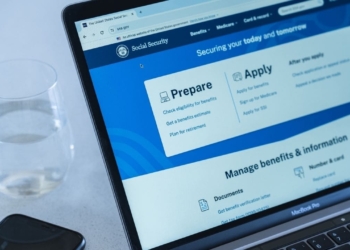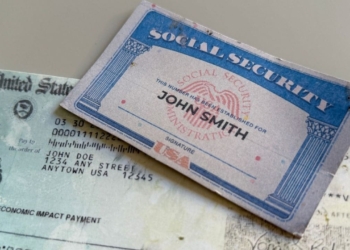Every year, thousands of U.S. taxpayers face penalties from the Internal Revenue Service (IRS) for failing to file their federal tax returns on time. What may seem like a simple oversight can lead to significant financial consequences, including monthly penalties, accrued interest, and possible legal complications.
Whether you’re an individual earning income or a business operating in the U.S., you are legally required to file your taxes by the established deadline—or request an extension if necessary. Failing to do so may result in steep fines, but in some cases, you can request relief or dispute the penalty if you can demonstrate reasonable cause.
Who Must File Taxes and What Are the Penalties?
Individuals must file a federal tax return if their income meets or exceeds the minimum filing threshold, which depends on age, filing status, and gross income. This includes employees, freelancers, gig workers, landlords, and anyone receiving investment income.
Businesses must also file, including:
- C Corporations (Form 1120)
- Partnerships (Form 1065)
- S Corporations (Form 1120-S)
- Sole proprietorships (Form 1040 with Schedule C)
If you fail to file your return on time, the IRS may impose a penalty equal to 5% of the unpaid taxes per month, up to a maximum of 25%. If the delay exceeds 60 days, the IRS charges a minimum penalty, depending on the tax year and type of return:
- After 12/31/2024: $510
- 2024: $485
- 2023: $450
- 2020–2022: $435
- 2018–2019: $210
These penalties are calculated based on the tax owed, minus any timely payments and applicable credits. In cases where both failure-to-file and failure-to-pay penalties apply, the filing penalty is reduced to avoid stacking both at full rate.
You can read more about how penalties are calculated on the official IRS page for failure-to-file penalty.
How to Avoid, Reduce, or Dispute an IRS Penalty
If you receive a penalty notice, the IRS will send a letter or official notice outlining the amount due and the reason for the fine. You have several options:
- Pay the penalty in full to prevent further interest
- Request penalty relief by demonstrating reasonable cause (such as illness, disaster, or reliance on incorrect professional advice)
- Set up a payment plan if you cannot pay the full amount
- Dispute the penalty by mailing a signed explanation with supporting documents to the address listed in the IRS notice
If you haven’t received a notice but believe you may owe a penalty, it’s best to contact the IRS directly to resolve the issue before additional charges accrue.
The most effective way to avoid these penalties is to file your return on time, even if you can’t pay the full amount. Filing protects you from late-filing penalties and gives you access to resolution options such as payment plans and relief programs.




